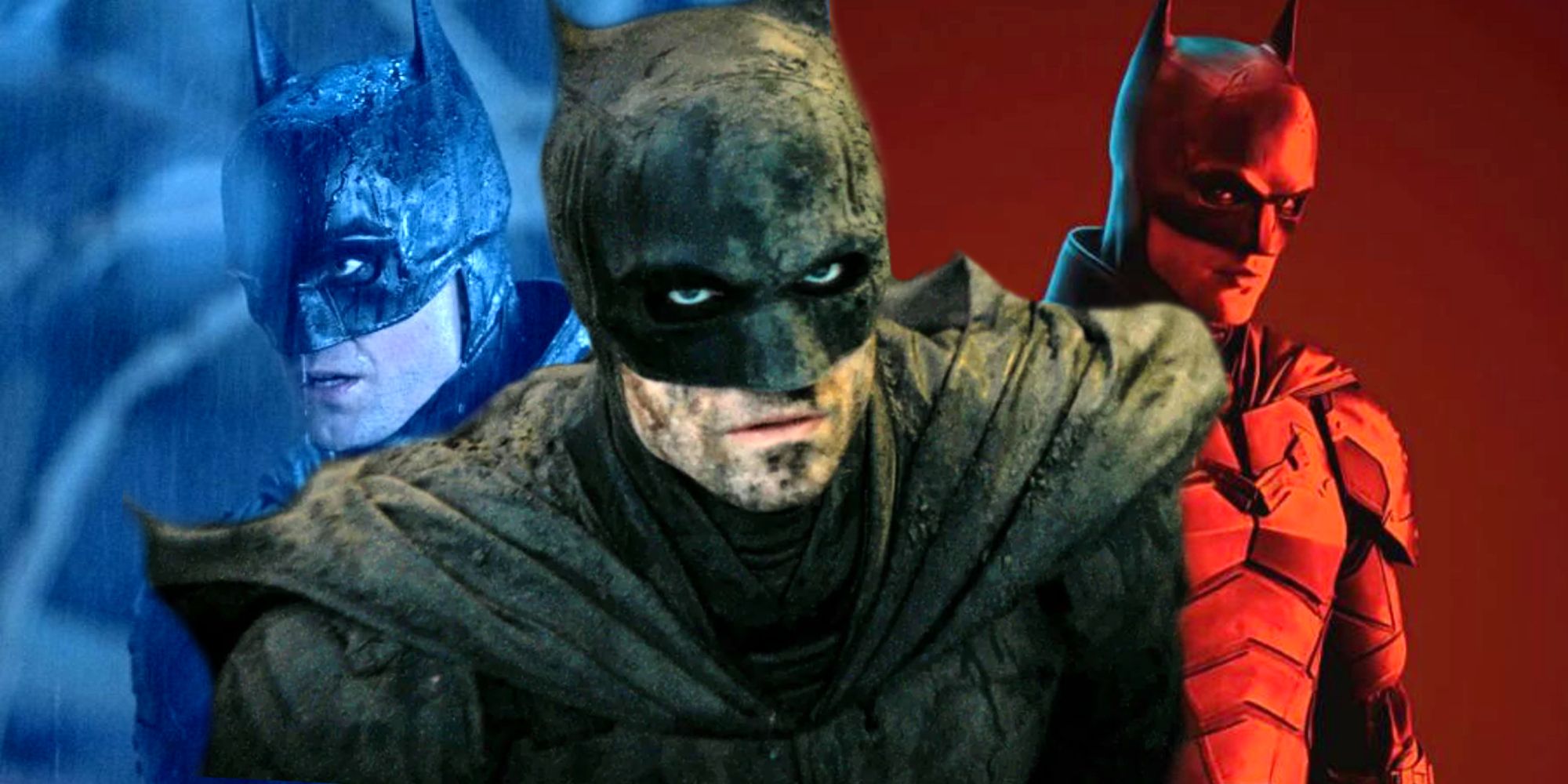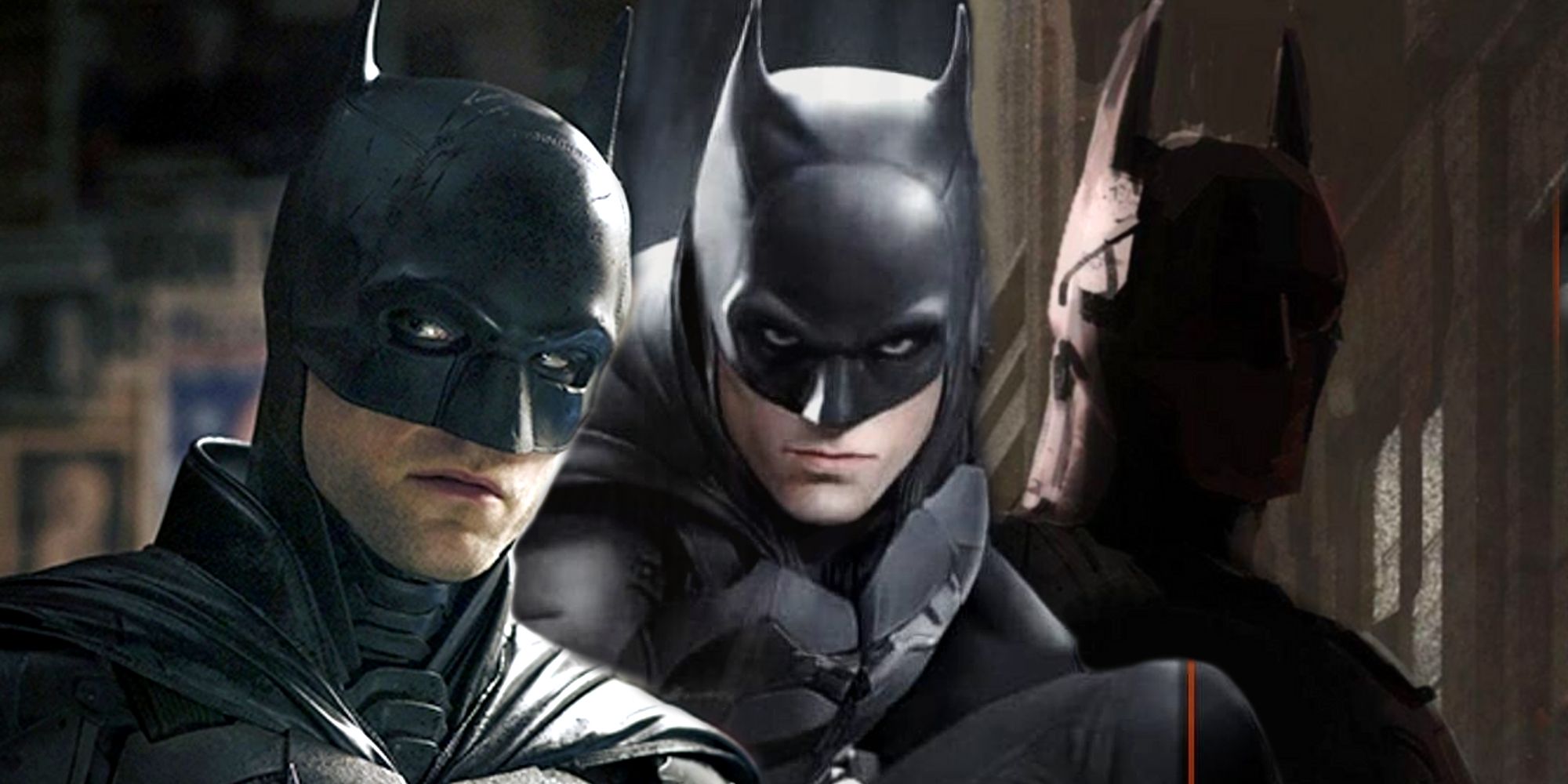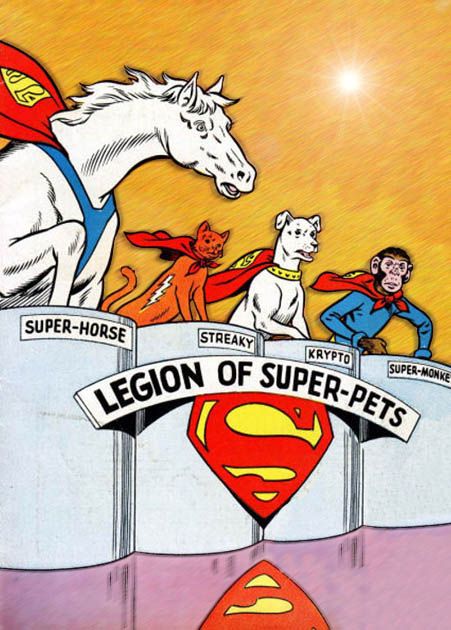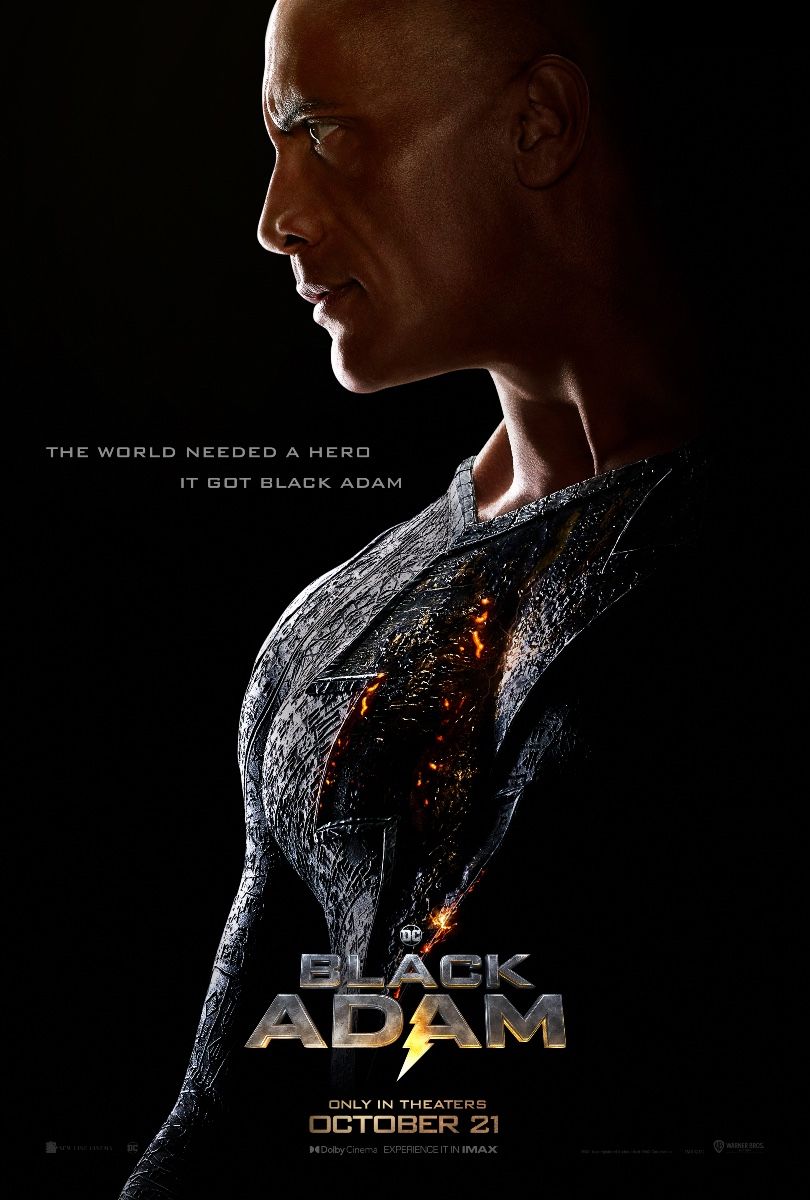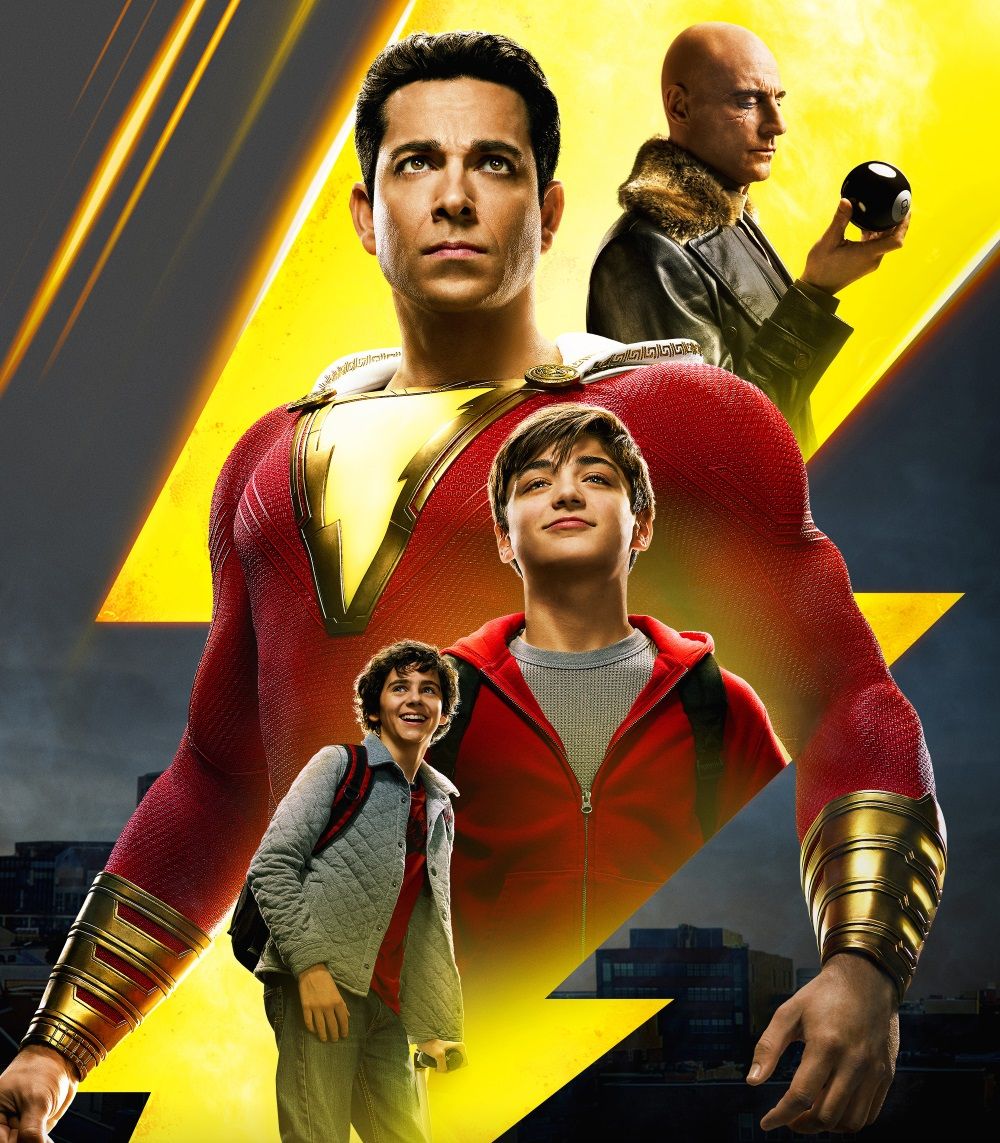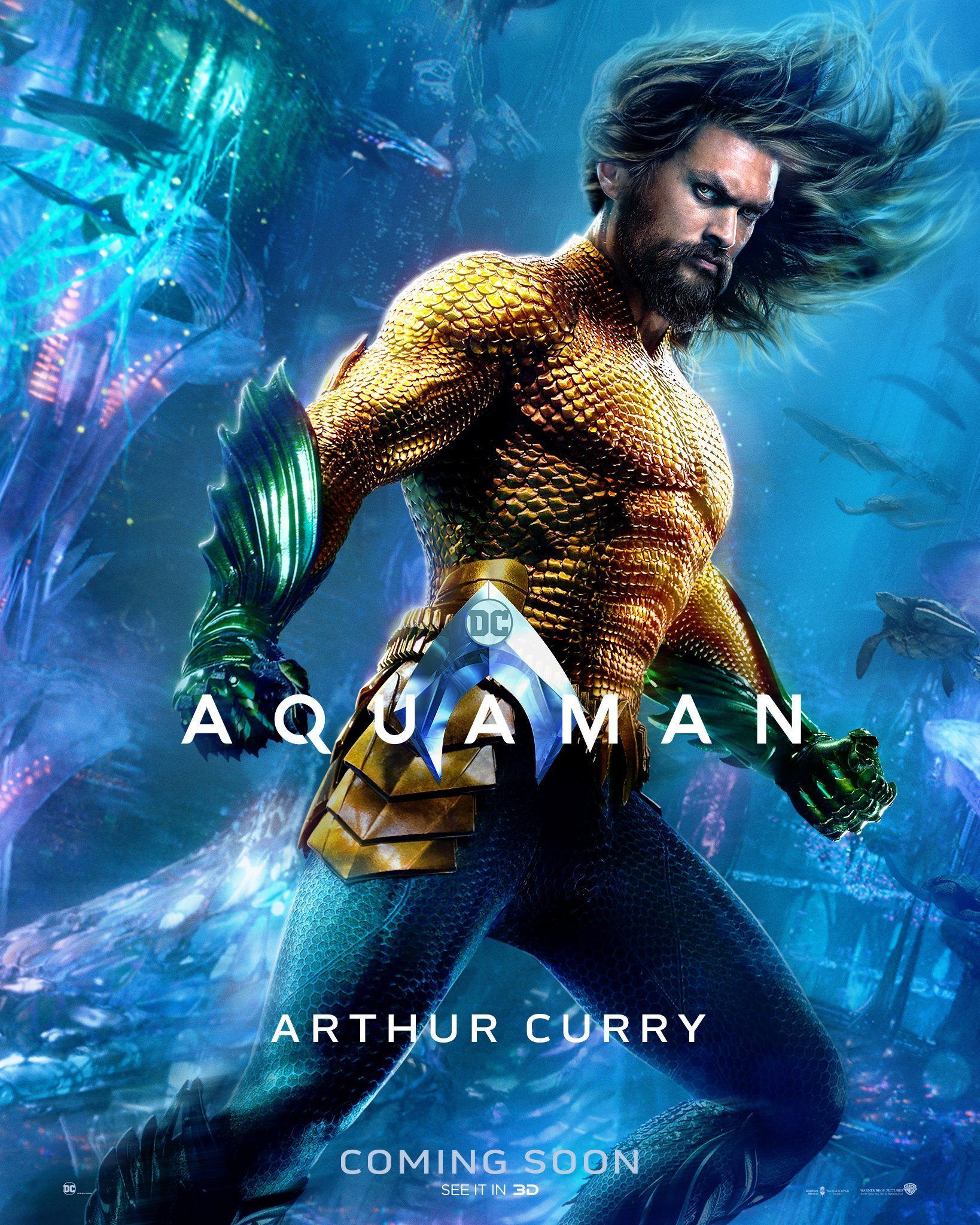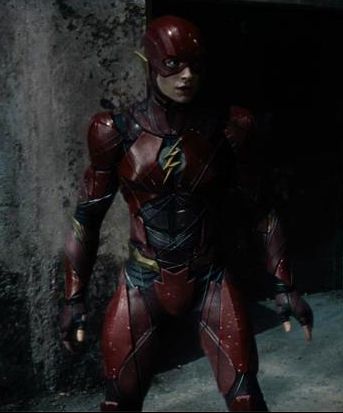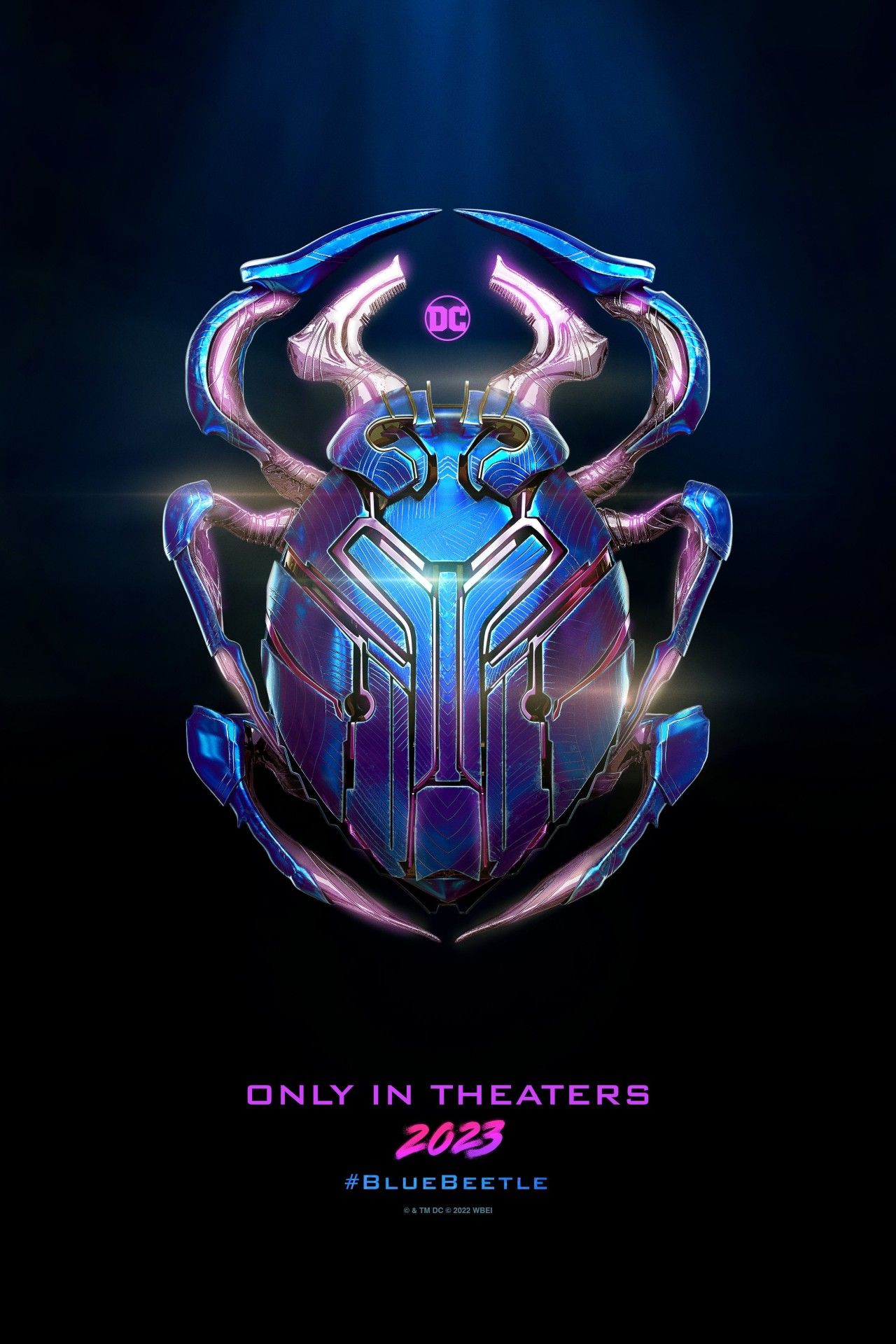The ending of The Batman sets up a story that doesn't limit itself to a movie trilogy. All previous Batman actors have had their strengths and weaknesses, and they all have had very different tenures as the Dark Knight. Michael Keaton's Batman starred in two Tim Burton-directed movies before leaving Joel Schumacher to reboot the franchise with Val Kilmer under the cowl, and in turn, both Val Kilmer and George Clooney only donned the Batsuit for one movie each. And while Ben Affleck is the actor with the most big-screen appearances as Batman so far, Christian Bale was the one with the most solid arc, as he starred in a complete trilogy that followed Batman from his origin story to his alleged death.
Now, Robert Pattinson's Batman promises to go deeper into the story of the Dark Knight. The Batman showed the early days of the Caped Crusader, where he's only beginning to understand the role he has to embody in Gotham. While this novice but brutal Batman is already feared by Gotham's underworld, he still has a lot to learn in terms of detective skills, crime-fighting, and working with unexpected allies. The critical and commercial success of The Batman proves how prepared Matt Reeves is for a full trilogy, but the first movie's story also proves that it needs to go beyond three movies.
Matt Reeves is more than capable to craft a series on par with famous comic book trilogies like the MCU's Iron Man, Nolan’s Dark Knight, and Sam Raimi’s Spider-Man, but The Batman is naturally a slow-burn story, which means that packing Batman's full journey into a simple three-act structure would likely require a lot of condensing. This was a problem in Christopher Nolan's Dark Knight trilogy, where Batman had barely finished establishing himself as Gotham's protector when he already retired for eight years, only to return one final time. Christian Bale's Batman was only active as Batman for a few months, and there's little the Dark Knight trilogy could have done to fix this without rushing his story.
The moment when Bruce Wayne realizes that his real goal is to be a beacon of hope in The Batman marks a big step in the right direction. A future sequel will need to follow Batman as a more experienced hero, but the final installment in a trilogy would only cut his story short. Instead, a third installment in a longer Batman franchise could continue to challenge Batman's values, and a few other appearances would show how far he has come since he was an impulsive vigilante.
While The Batman doesn't aim to build a franchise as colossal as the MCU, it can learn from the progression of various MCU heroes. For instance, audiences witnessed Steve Rogers go from a skinny kid in the 1940s to an old hero in the 2020s over the course of an actual decade and seven big-screen appearances. Similarly, viewers could see the entirety of Batman's career develop gradually. The high quality of The Batman guarantees that it won't be necessary to reboot Batman yet again before they get the chance to witness his full journey.
Apart from a full character arc, an extended The Batman franchise allows many of Batman’s iconic villains and allies to coexist in the same universe. Many different Batman-related characters have debuted in the past, but they have only shared the screen with Batman for one or two movies before another actor arrives, effectively bringing their relationships back to square one. Ideally, Batman will have interacted with dozens of iconic DC characters by the time he retires, and viewers should feel like they experienced it all through Batman's eyes.

